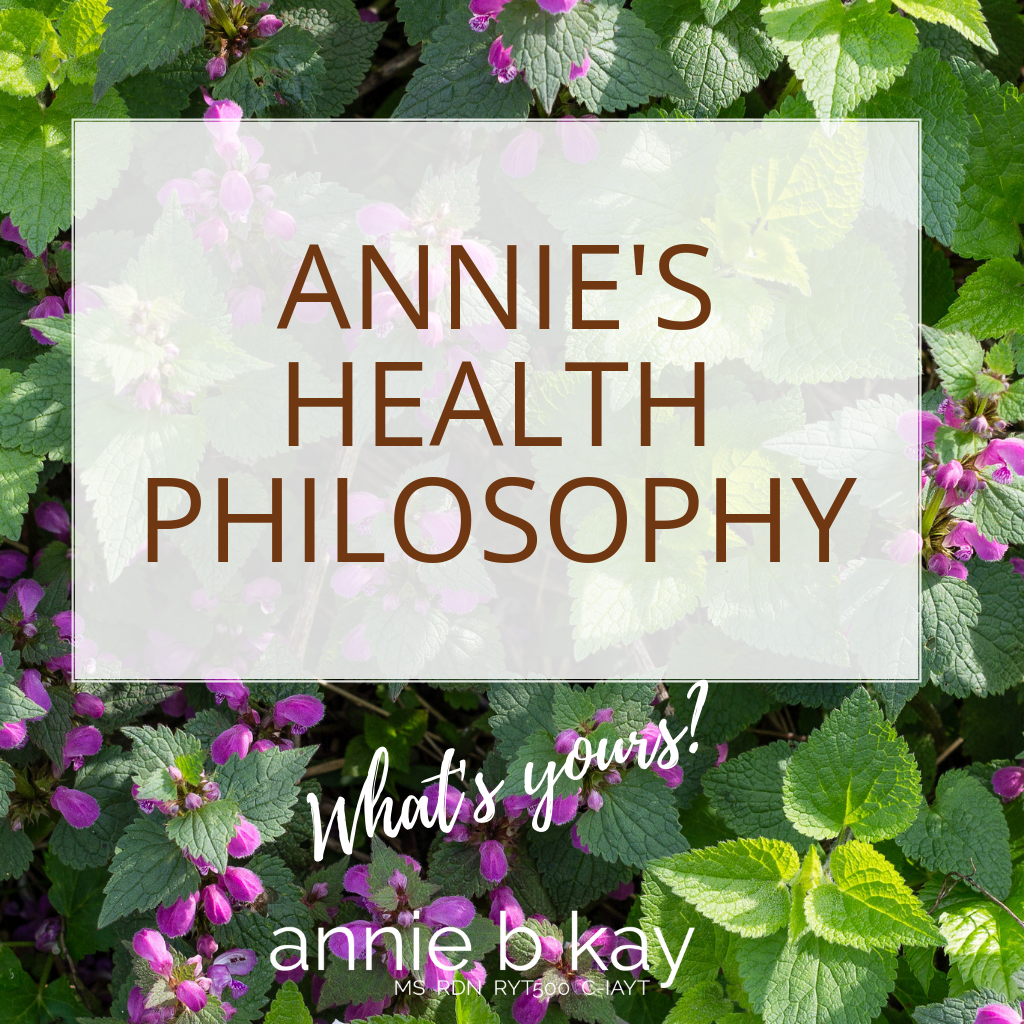
Hi, I’m Annie
I’ve been a clinical nutritional biochemist for over 20 years, a yoga teacher and therapist for 15, and a student of the psychology of how people change and of consciousness for all my career.
Through my years of helping groups and individuals improve their health through lifestyle, I have seen hundreds (maybe thousands) of people who want to eat a healthful diet that supports who they are, but don’t.
It’s Tough to be Healthy
They can’t get started, can’t sustain it or get sidetracked by things that don’t work. It can be nearly impossible to eat well in our current (nutritionists call it toxic) nutrition environment.
Our modern culture is filled with mixed messages about food, weight, and how we should look and feel. The same is true for other aspects of healthful lifestyle – we want to be physically active yet our worlds are set up to be sedentary. We want to practice mindful resilience and stress-management yet we don’t have time because of the 24/7 culture of work, family, life.
Where I Fit In
I am an unapologetic proponent of spirituality as essential to health. Mind body and spirit have been fractured in our modern culture, and re-uniting and fully occupying our multidimensional selves in balance with the earth is the path forward that resonates for me.
One of the gifts of living right here and now is that we have the potential to be the re-integrators. We have at our fingertips the modern health sciences, and we also have new and accessible interpretations of ancient wisdom-sciences such as shamanic plant work, Ayurveda and tantra. Many practices from these wisdom traditions are proving to be effective modalities for addressing the mind-body-spirit split and toxicity of modern life.
Here’s How I see Health
Practicing an integrated life (imperfectly but regularly) maintains wellness and supports dynamic well-being. For a variety of reasons, most people don’t or are not able to sustain regular practice. Enjoying a plant-based diet, moving, taking time for rest and contemplation, and connecting with family like-minded people are components of a life that keep things in dynamic balance. Your unique variation on that lifestyle fuels your life force – healing is a feeling. But life, for nearly everyone, inevitably becomes imbalanced. It is our nature and indeed the nature of life here on earth to become imbalanced.
I also think that feeling bad about ourselves is overall the largest chronic health problem. Please please don’t feel bad about the choices you make. It’s the critical first step to change.
And Healing
The opportunity of imbalance is to learn more about who you are and why you are here.
You can become a discerner of the array of therapeutic options from evidence-based and wisdom realms, or find others you trust to help you sort it out. You can become a students of who you are – each of us are unique, and what works for someone else will not necessarily work for you. Then you can become a thoughtful experimenter of what works.
With time, life comes into a (often new) balance. Dynamic, changing balance that requires ongoing tending and practice.
It’s a long-term project and a lifelong dance. The alternative, for many, is to get sick before your time. You can do this. I’m honored to share what I know to show you how.
What’s your health philosophy? What’s most important for your health and well-being? I want to know!
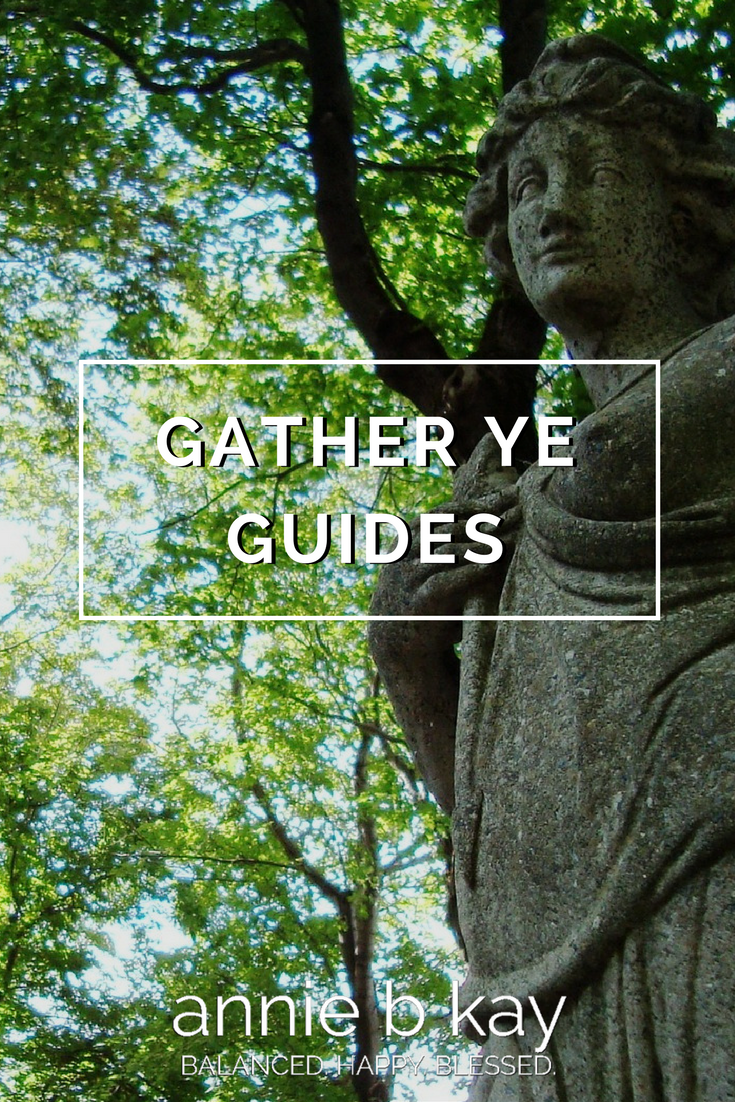

Does everyone know by now that none of us are ever alone? That we all have guides – ancestral, animal, plant and angelic beings swirling about us pretty much all the time? Being introduced to my spirit guides has deeply enhanced my own life, and I encourage you to explore yours.
How do you find your guides? Here are a few ideas:
Pay attention
Is there anyone in your family (including pets!) that has passed on that you had a deep and special bond with, or who had a bit of the bodhisattva (love bunnie) in them? It is very likely that a part of them is still with you, but perhaps you are only aware of them on occasion in dreams. You can begin to connect with them in your dream (there are courses for that!) and you’ll often find that if and when you do, they become more present in your waking life.
You can ask, before you head off to sleep, for a dream that connects you with a guide who can help you at this time in your life. You can take notes – keep a dream journal of when you see them.
Go to where they live
From my experience, guides tend to hang out mostly in non-ordinary consciousness. I have met guides in dreams, when I was really sick and delirious, and when I was in an altered state thanks to medicine, breath work or being in a place conducive to it. So, the more time you spend in meditation, day-dreaming, sleep-dreaming and the like, the more likely you will encounter a guide.
Don’t be afraid to connect, but be discerning
Your guides are benevolent beings who want the best for you. They won’t be or feel creepy (though they may be funny or ironic), threatening or malevolent. If you don’t feel comfortable with them, I would recommend steering clear. You can go slow.
Once you have recognized someone, perhaps in your dreams, just say hello and because it is likely the family-member version, I don’t need to cue you on what to say. You might ask it a question, you might have a full conversation. If you do, remember to say thanks if you get a response to your query.
No rush.
If your guide doesn’t come to you today or tomorrow, no worries. They are there. I find that when I am open to them, they come wandering in. The animals, the grandparents, the being whom I don’t yet recognize but always knew was there. There they are. It’s just a matter of time. No rush.
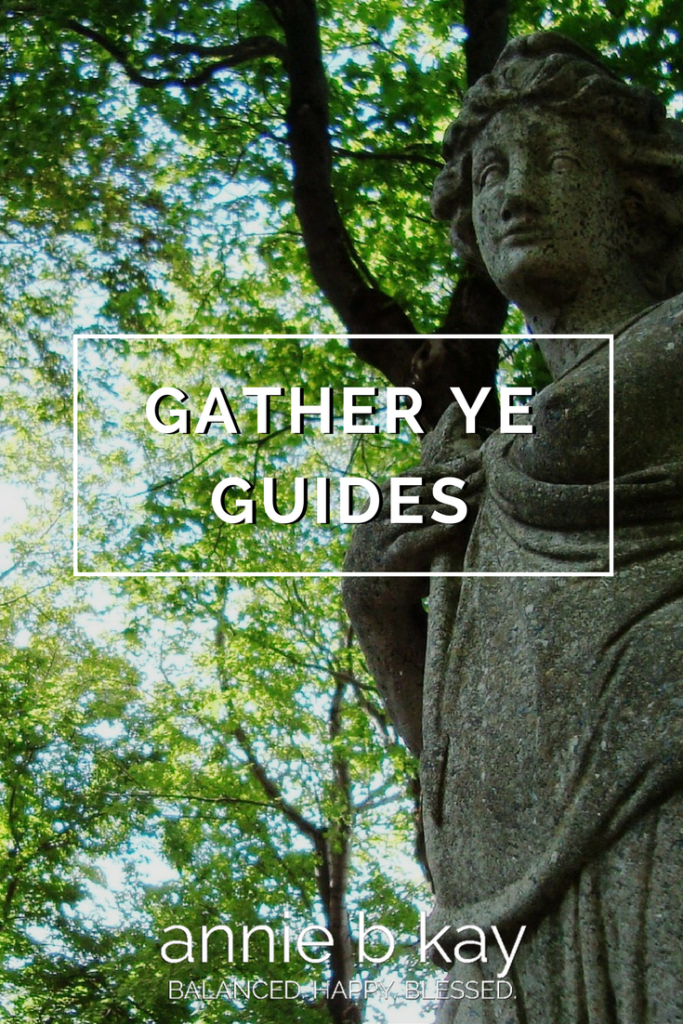
Pinterest
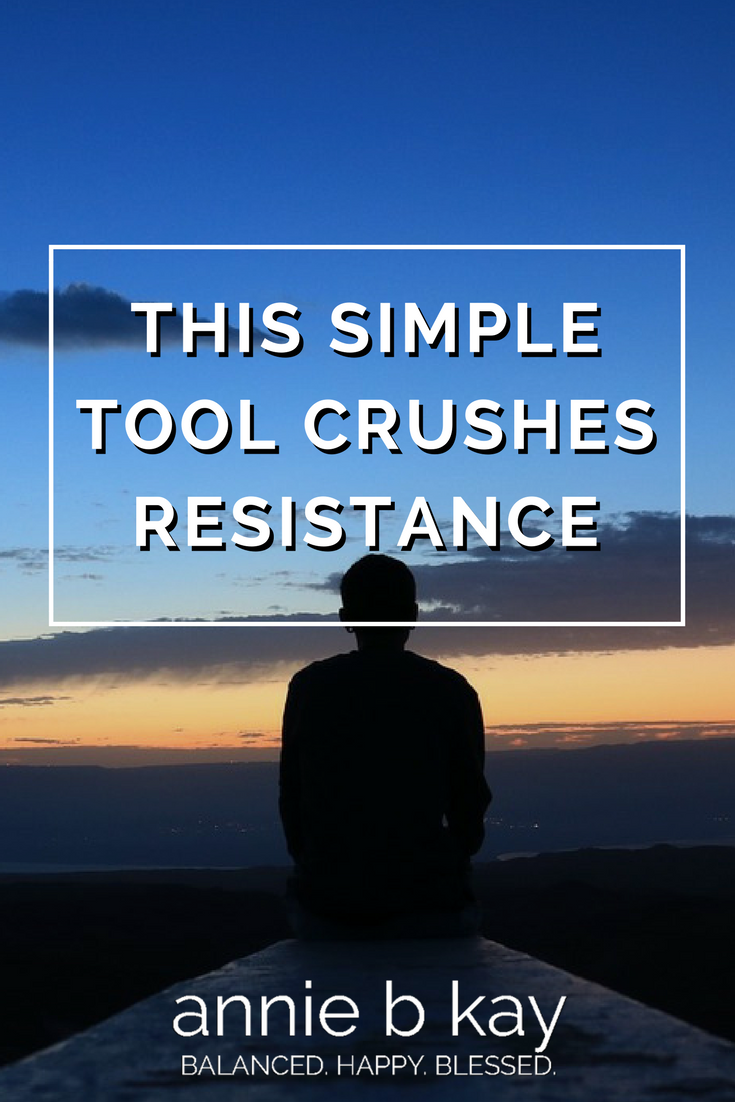
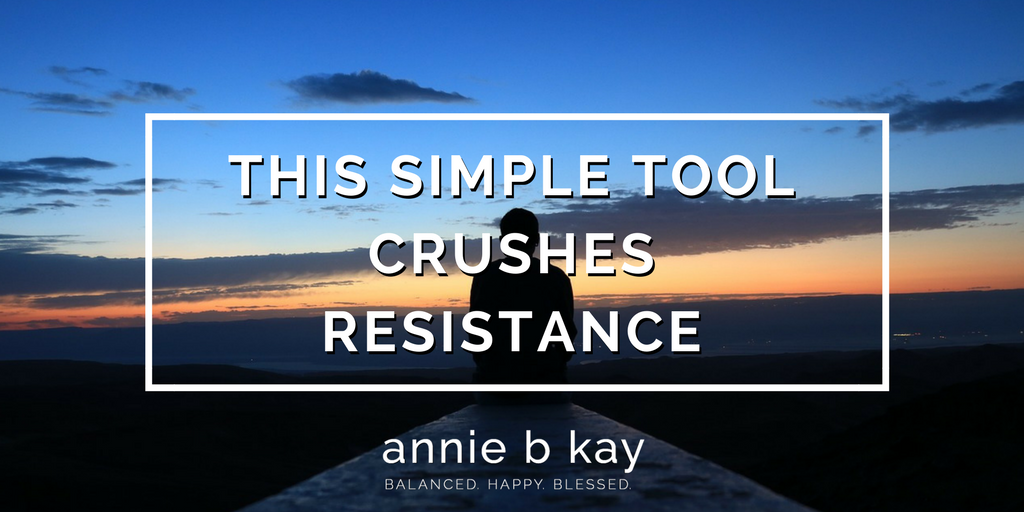
Despite being at this game of health for decades, I continue to fascinate myself with my own resistance to…well, just about anything. I need help sustaining healthy change, and you probably do too.
I’ve been reading lately about the power of implementation intentions. There’s good research behind it as a strategy to help us move through our day and respond to the inevitable hitches that come up. When we get challenged, we remember what we are trying to do – “I intend to enjoy healthful eating,” and have a few if-then contingency decisions we pre-make every day.
If my husband isn’t home I’ll go to an extra yoga class. If my mom wants to come to Thanksgiving, then she’ll do the turkey.
Turns out that when set intention and we pre-make these decisions, we are more likely to carry them out.
Here are a few that may be helpful:
- If I’m hungry after work and it’s not dinner time yet, I will have an apple.
- If I don’t have time for lunch, I’ll grab a couple handfuls of nuts.
- If I’m tired, I will move anyway – but it will be gentle and enjoyable.
- If I work late and can’t get to yoga, I’ll take 10 minutes to unwind and meditate before leaving work, then another before going to bed.
- If I haven’t eaten vegetables yet today, I will double up at dinner.
I find that having three if…thens on a given day do the trick for me. If you can take a moment in the morning and visualize your day, and create three if-thens for your day that help you set an intention to be balanced. If…then.
If I see you today, then I hope you say hi.
Be well,
Annie
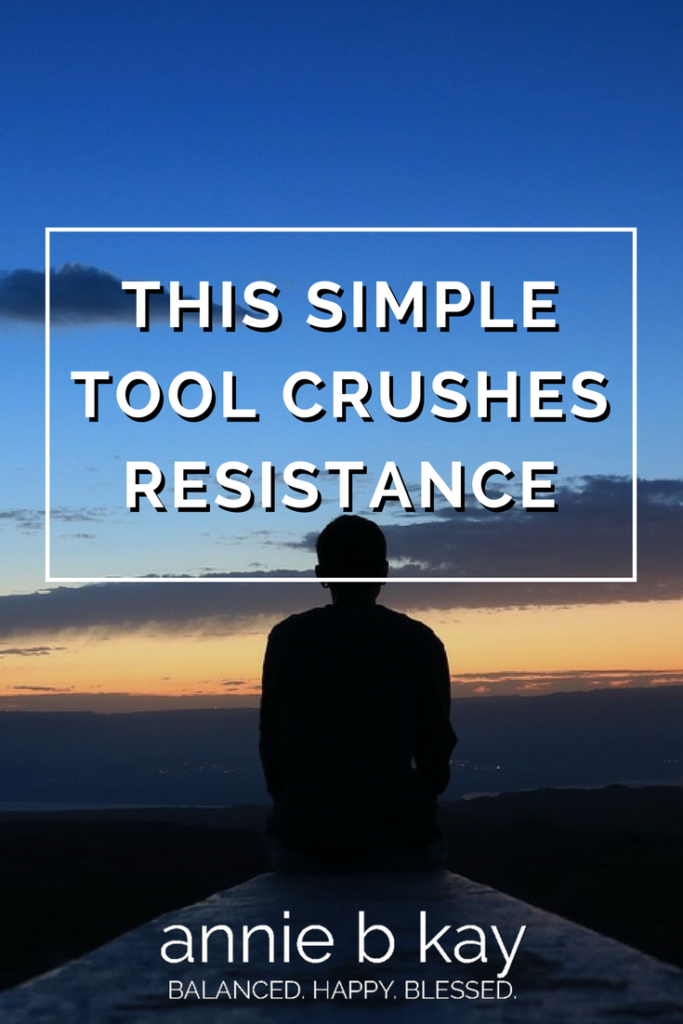
Pinterest
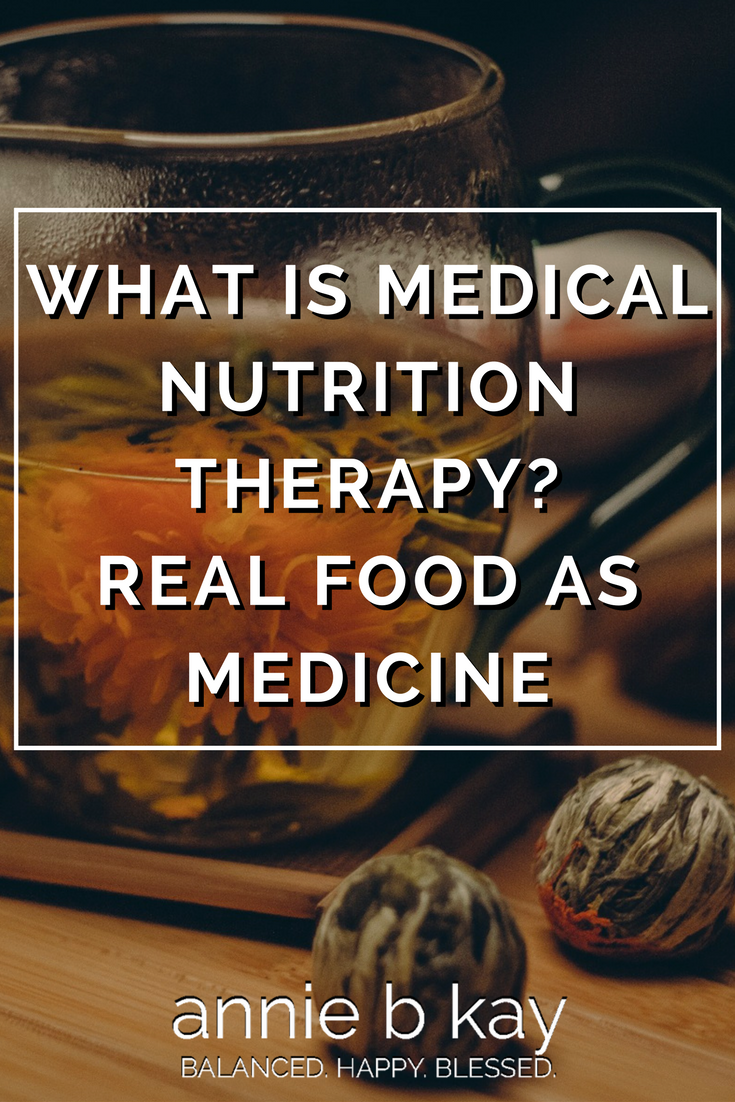
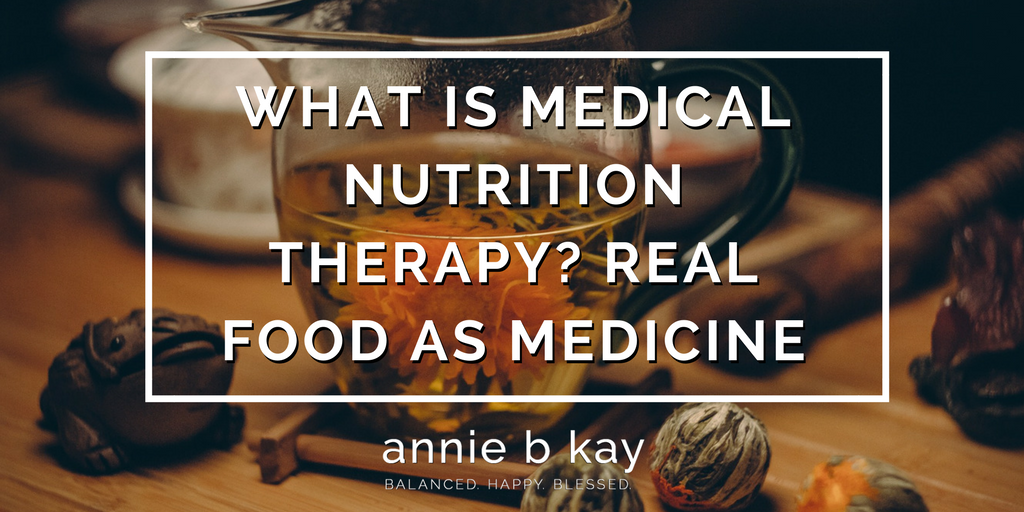
We are in the era of the nutritionist. There is so much confusion around food and nutrition, and so much wacky advice flying around. This while Americans are just not able to make it to the basics of healthful eating. Nutrition-related chronic diseases continue to be the primary health issues, and each of us has our own variation of health and disease.
Because we are in a time when so much that sounds like nutrition is actually marketing and bluster, and so many who call themselves experts are so far from it, confusion reigns. Enter RDNs (Registered Dietitian Nutritionists) and MNT (Medical Nutrition Therapy). If you know me, you know that I am a mind-body therapist – I use things like meditation and gentle yoga practice as tools to help us cultivate the best of ourselves, and soothe us as we gather our courage and strength to sing our song, to sing our note.
What is MNT?
There is a large body of evidence that tells us how to manage a range of health and medical conditions with food and nutrition. MNT, or medical nutrition therapy, uses that evidence and through a qualified therapist, translates that evidence into healing. While there is a range of nutritionists operating today, with various levels of education and experience, and I honestly believe there is room for everyone, I am partial to those who have a 4-year science degree and access to the Academy of Nutrition and Dietetics Knowledge Center for working with people with a medical condition. I am biased for sure, being one who sweated through all that nutritional biochemistry and worked in an ICU (intensive care unit of a hospital) writing TPN (total parenteral nutrition) orders to keep people alive until they could eat. Then I taught at Kripalu for nearly a decade, watching how mind-body used skillfully helped people with the will and knowledge transform. The combination of clinical skills and experiential practice are, in my opinion, the sweet spot when it comes to healing nutrition-related issues.
What conditions are we talking about?
There are guidelines for a range of medical conditions. Those I am well-versed in include:
- Weight gain – from adolescents to adults, and family-based, for any reason
- Eating Disorders, emotional eating and disordered eating
- Unexpected weight loss due to cancer, HIV/AIDS or other chronic condition
- Pre-diabetes and diabetes
- Cancer – prevention, management and prevention of recurrence
- Heart Disease – prevention, management
- High Blood Pressure
- High Cholesterol
- Digestive approaches to auto-immune conditions (Fibromyalgia, Rheumatoid Arthritis, and others)
- Digestive distress due to:
- Irritable Bowel
- Crohn’s Disease
- Colitis
- Constipation
- Reflux/Heartburn
- Food Intolerance (lactose-intolerance, gluten, and others), and Allergies
I use an individualized approach. That includes an initial assessment of nutrition-related symptoms and medical history, review of nutrition-related labs and reports, and development of a custom way of eating that you enjoy and that adheres to evidence-based practice.
We then co-create a plan to get there – your way. There is no such thing as failure, no such thing as relapse in this world – but there is learning, through loving self-compassion, how to navigate your life in its fullness. It’s a dance of mindful skillful effort, and surrender (that’s yoga!).
Within that list, do you specialize?
While I can help address any of these conditions, and they all have relating threads, I particularly like to work with weight, women in midlife, and digestive issues. I have also had a personal experience with cancer, so helping people with that interests me.
How much does it cost?
Depends. I am a licensed nutritionist in the state of Massachusetts. If you have a medical condition and live in the great state of Massachusetts, or another state that does not have state licensure, it is worth it to give your insurance company a call to see if our work together can be reimbursed. For this, you will likely need a referral from your primary care doctor.
If you are not insured, in another state with licensure or your insurance doesn’t cover, then you are what clinicians call private pay. It’s likely that our work together could be included in your health spending account if you have one.
Bottom line, if you value your energy level and lifestyle, it’s worth it to have a skilled coach to help you move forward.
My rates are $150/hr, and most people I work with do an initial assessment, then a half-hour twice monthly for 2 months, then monthly for 4 months.
Tell me about telehealth
I’ve partnered with a practice-management group called Healthie. They provide an interface for us to work through, including journaling, billing and video conferencing. So, we can meet face to face in the comfort of your own home! I think telehealth is part of the future of medicine, and I am excited to be part of it.
Ready to make the change? Let’s do it – Make an appointment now .
Questions? I’m all ears.
Be well,
Annie
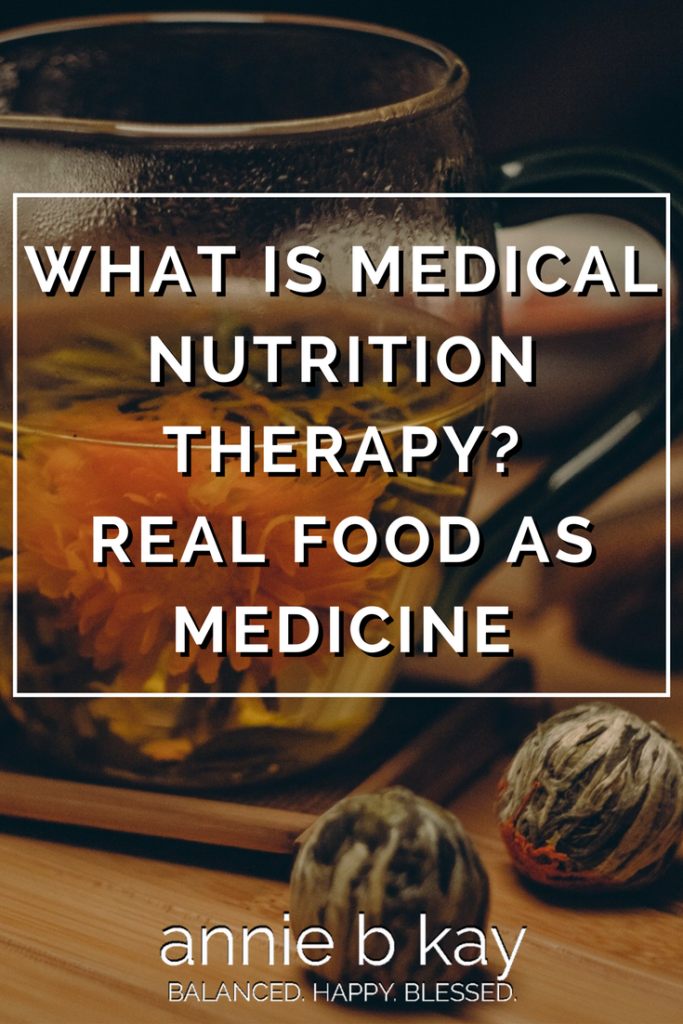
Pinterest
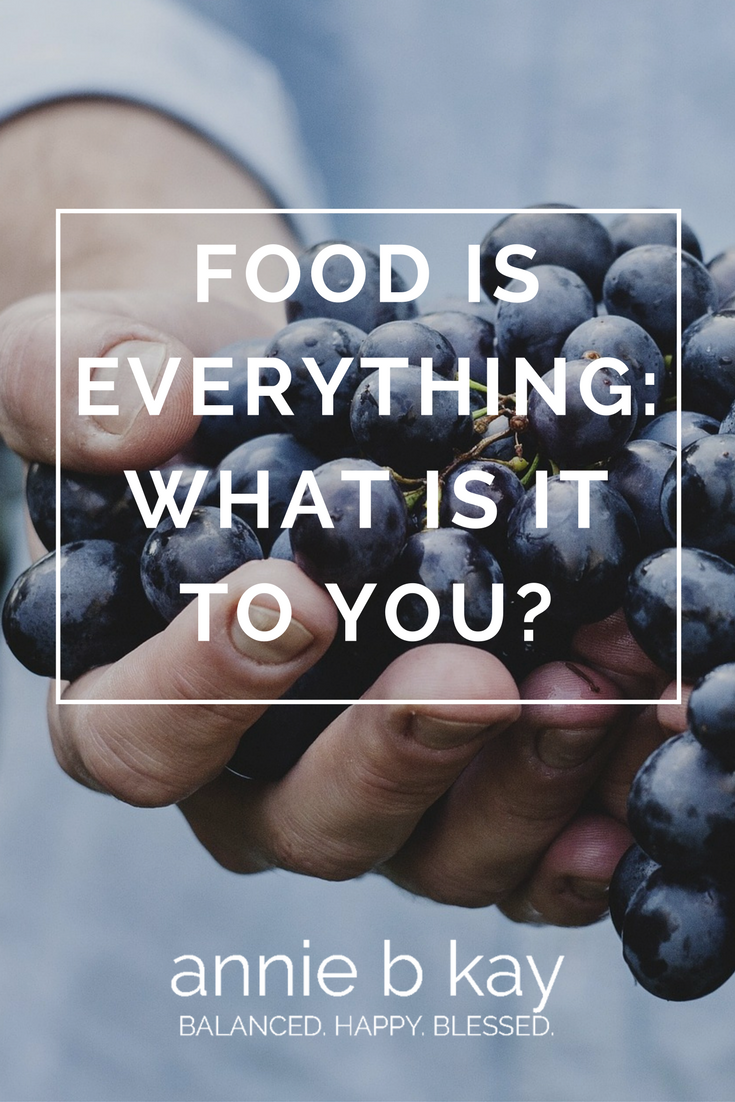
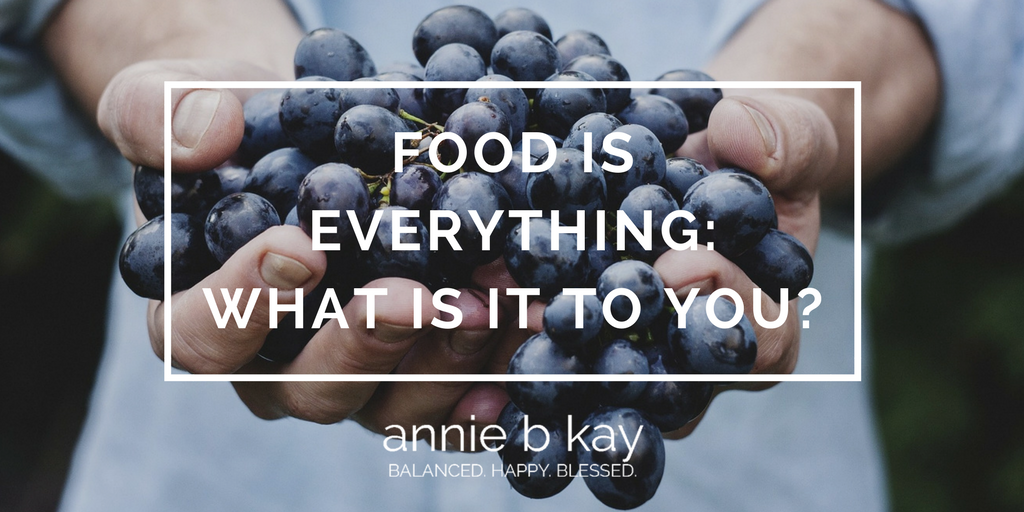
When I first chose to study nutrition at Cornell so many year ago, I could not have imagined the evolution in what we think about when we think about food. Nor could I have imagined the changes in the food we eat in this country.
Food, here and now, is just so everything.
My friend, colleague and visionary Kathie Swift often quotes Jean Anthelme Brillat-Savarin, who was right and prescient when he said: “Tell me what you eat, and I’ll tell you who you are.”
Food is…
Social
It’s the center of most gatherings of family, friends and colleagues. What we feed others communicates how we feel about them and expresses to them who we are. We have intimate dinners, casual nights, celebratory feasts. To be a good friend, feed someone. To show love, feed someone.
Economic
Growing up, the quality of food available not so directly related to income as it is today. Now we have food deserts, over-consumptive malnutrition (the real epidemic of weight, where those without eat a higher-calorie yet lower nutrient-density diet), and food marketing is disguised as real nutrition information or education. If you are poor in America, you just don’t have access to high quality nutritious food. Thank the Lord for WIC and other food assistance, which can close the worst of the gap if used well.
Environmental/Ecological
What you choose to eat impacts the planet and you can’t get around that. Meat is rich in every sense of the word. It is nutrient dense, resource-rich, high-impact, and energetically hot stuff. No inherently evil, but easy to overdo, and human nature seems to make us overdo it in spades. Today we eat twice as much protein as we physiologically need, yet new diet after new diet tells us we need more more more. The truth is we don’t if we cultivate a balanced whole-food active life.
Political
Every 5 years, a big bill works its way through congress. That bill, the Ag Bill, determines to a great extent what America eats. What America eats these days is subsidized GMO soy, factory-farmed meat, dairy, corn (to be made into the high-fructose corn syrup which researchers agree is undermining health on a grand scale). We can change it – the last round had a bit of funding for organic fruits and vegetables, and linking school lunch with farmers’ markets. You can vote on this by calling your congresspeople and insisting on the funding shifts you want.
Emotional
I personally have an emotional relationship with food. Changing my diet takes a long conversation, and a bargain with myself. Do this and I’ll treat myself in this way (often a massage or oil dip at Kripalu healing arts, or a new get-up).
Tactile and Sensual
Food is beautiful. It’s smells, textures, and of course, flavor absolutely thrills most of us. Yum. I’m working on a book project on whole food, and how to make it as easy as possible to eat healthfully. There’s no getting around the need to come into close personal contact with food when it’s whole. You have to cut the bottoms off asparagus and put fresh spears in water. You have to trim herbs and place them in water. You have to crack the egg, (and hopefully, put all the scraps into your compost bucket – wowsaa another spring topic!). We can do things to make cooking efficient and as easeful as possible, but ultimately, you have to revel in the sensuality of whole food.
I could go on – it’s love! So, take a little time considering a two-way relationship with the whole food you cook and eat. As you slice a carrot or dice an onion, take a breath to wonder what the carrot would say to you if you’d listen? Who is that onion, anyway?!
This is why changing your diet is such a huge deal. Because when you change your diet, you change everything. You become someone else, bite by bite. So, be easy on yourself if you are finding it challenging. Notice what’s hard, and press on. Make the healthful choice anyway. If you fall off the wagon for a meal or a day, get right back on. Practice practice practice, not perfection.
Enjoy!
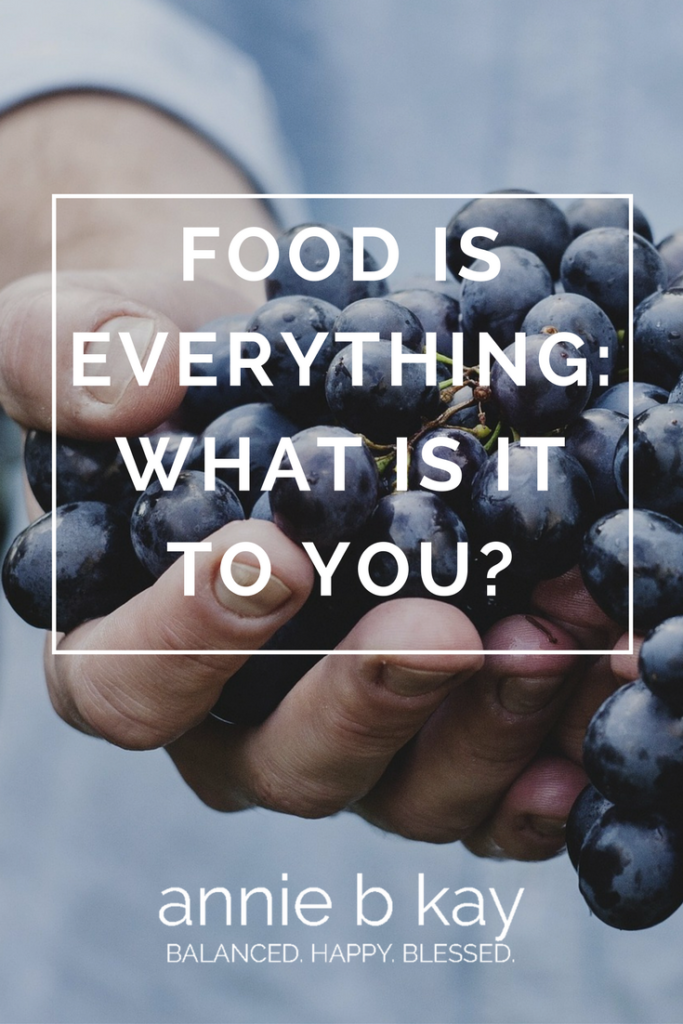
Pinterest















